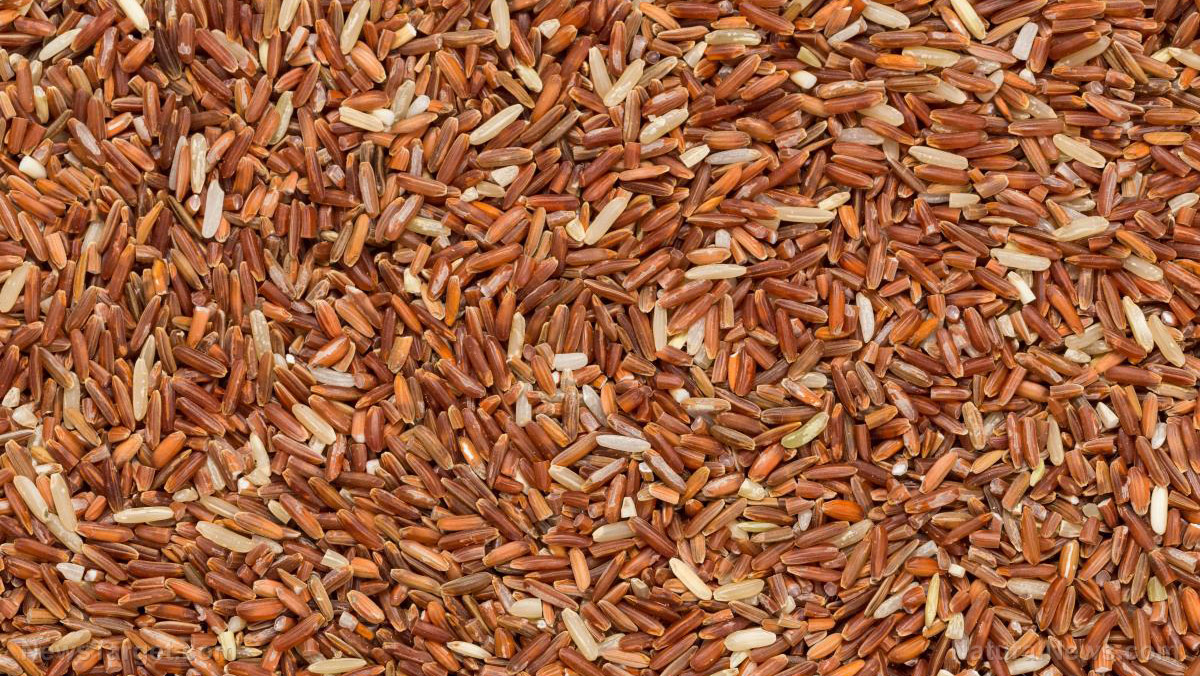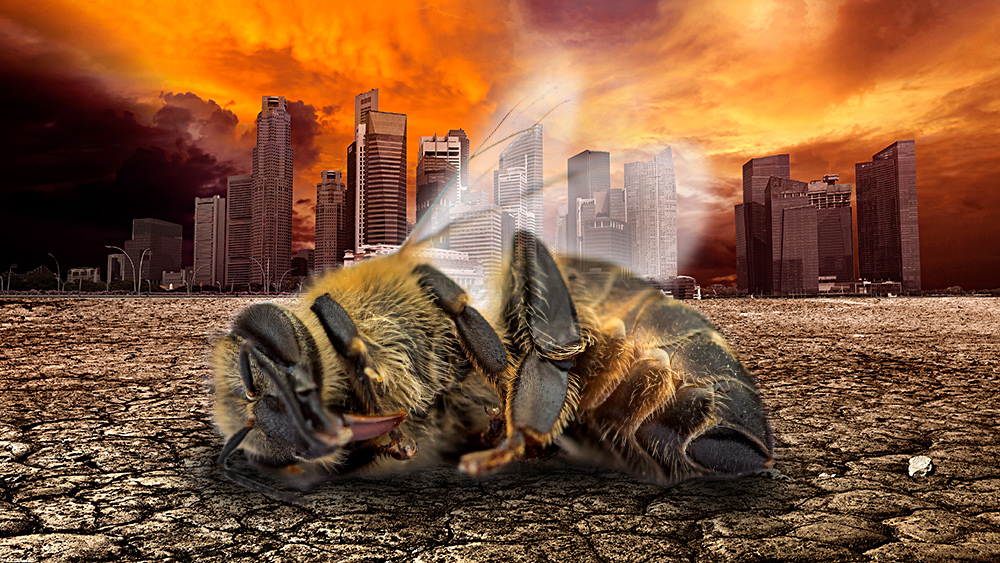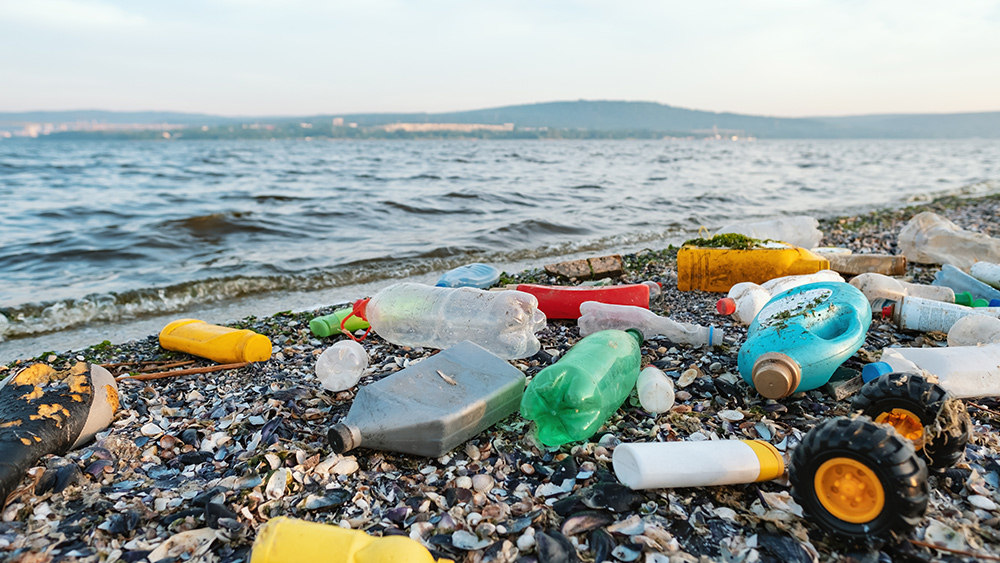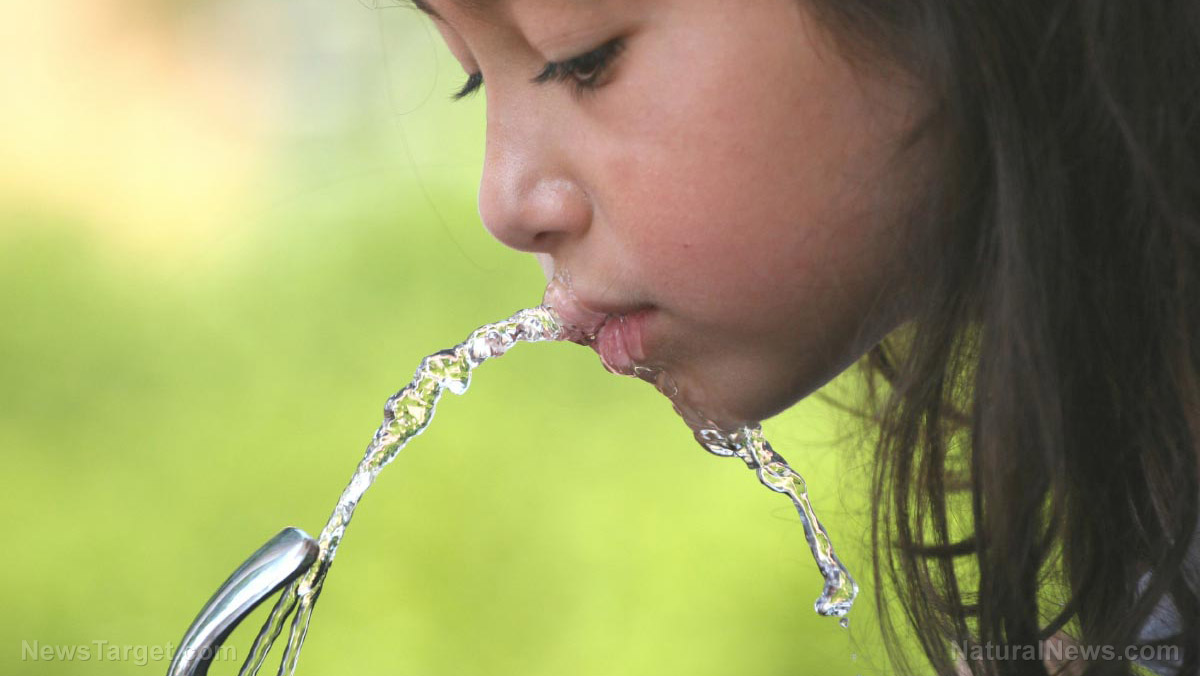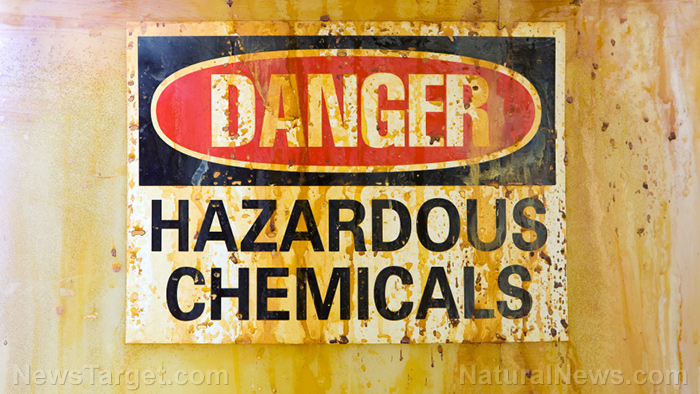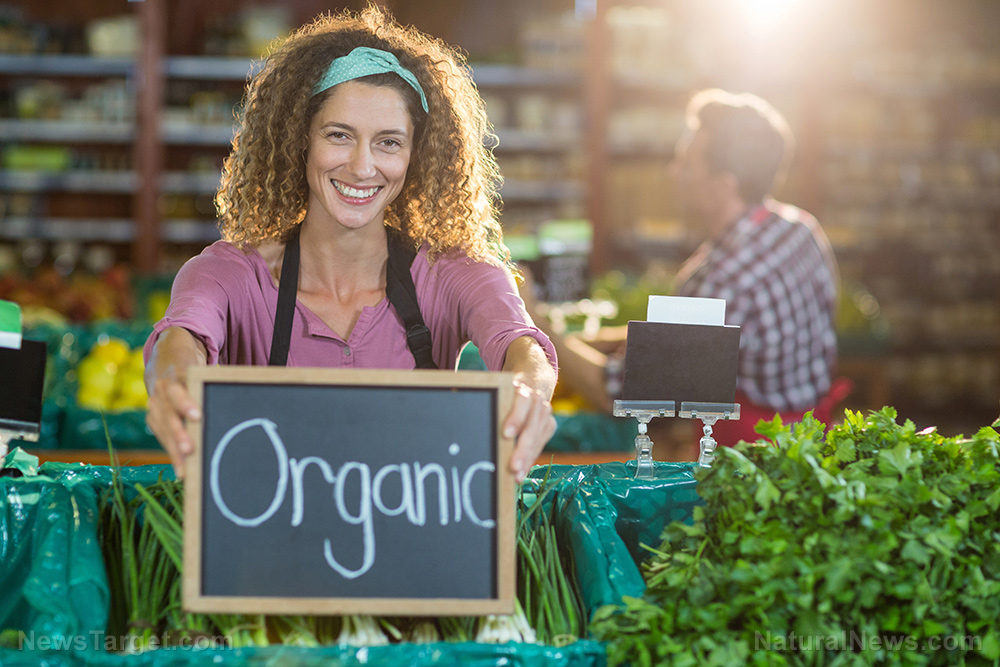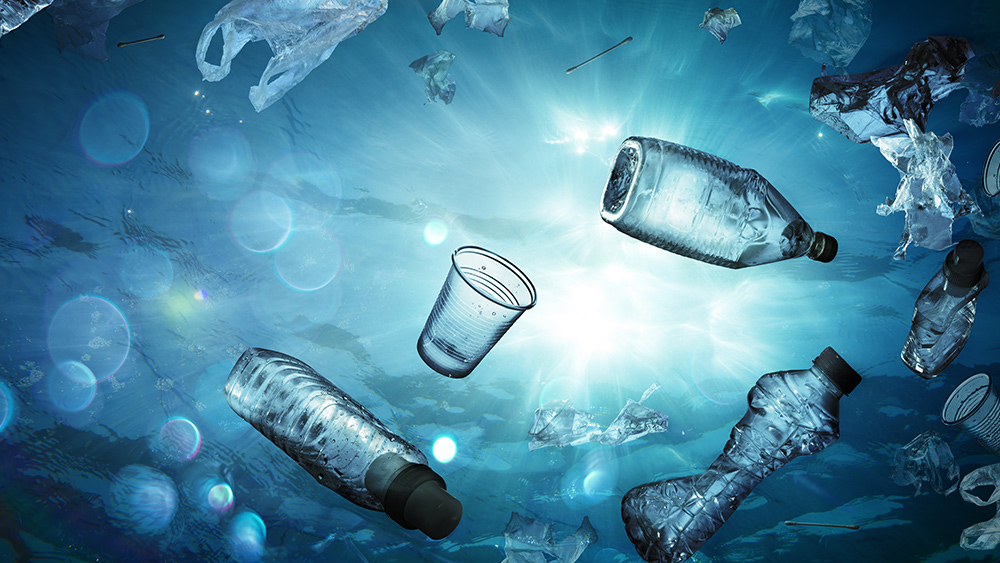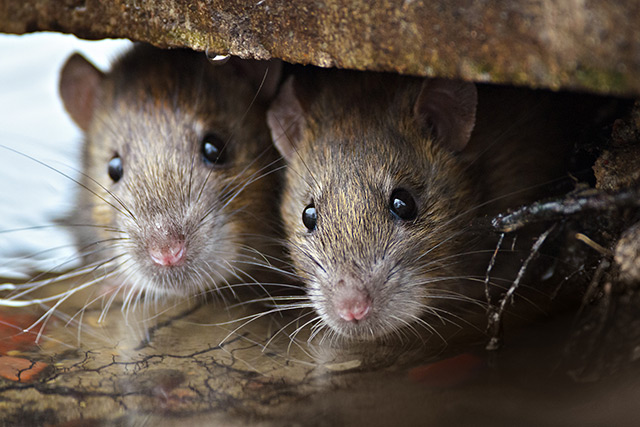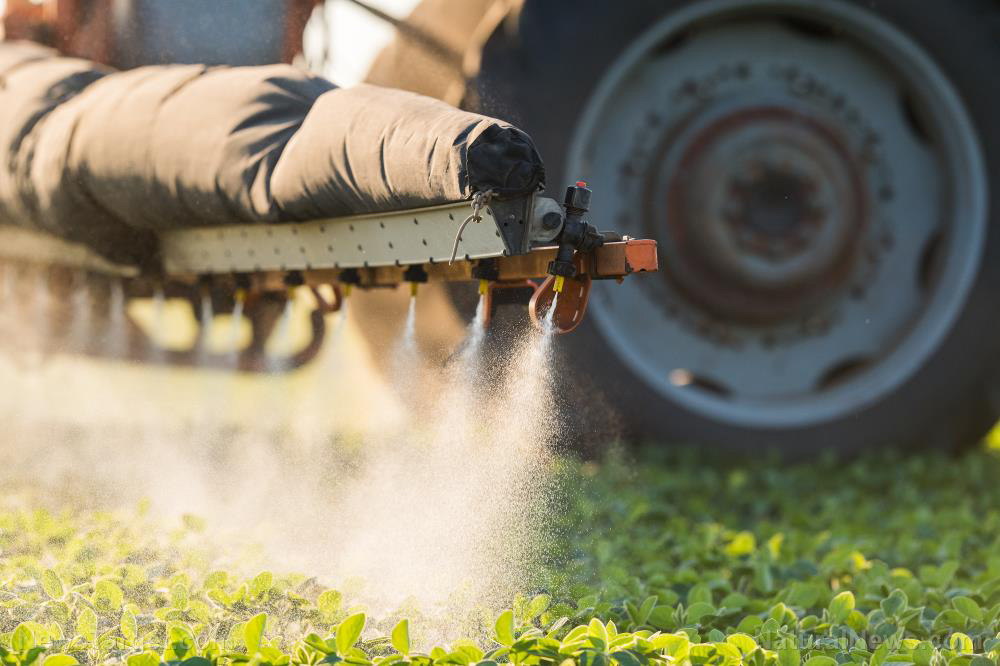Latest EWG consumer’s guide reveals 2024’s DIRTY DOZEN and CLEAN FIFTEEN
05/01/2024 / By Zoey Sky

The latest edition of the Environmental Working Group (EWG) annual consumer’s guide has found that almost three-fourths of the non-organic fruits and vegetables they sampled contained traces of toxic pesticides. The EWG’s 2024 “Dirty Dozen,” which include strawberries and spinach, tested at levels closer to 95 percent.
In the EWG researchers’ report titled “2024 Shopper’s Guide to Pesticides In Produce,” they revealed that four out of five of the most frequently detected pesticides found on the 12 most-contaminated produce items were fungicides that could have serious side effects on consumer health.
2024 Dirty Dozen
Alexa Friedman, an EWG senior scientist, warned that these fungicides “can disrupt the hormone function in our body.” She added that the chemicals were also associated with things such as “worse health outcomes” and negative effects on the male reproductive system.
Researchers reported that the four fungicides detected on the Dirty Dozen produce included fludioxonil, pyraclostrobin, boscalid and pyrimethanil.
Two of the fungicides – fludioxonil and pyrimethanil – had the highest concentrations of any pesticide detected.
The EWG’s annual Dirty Dozen and Clean Fifteen lists are based on a review of Department of Agriculture and Food and Drug Administration data.
For the 2024 lists, EWG looked at data from 47,510 samples of 46 fruits and vegetables.
2024’s Dirty Dozen list is similar to previous years, with strawberries, spinach and hearty greens taking the top three spots. Below is the full list:
Human knowledge is under attack! Governments and powerful corporations are using censorship to wipe out humanity's knowledge base about nutrition, herbs, self-reliance, natural immunity, food production, preparedness and much more. We are preserving human knowledge using AI technology while building the infrastructure of human freedom. Use our decentralized, blockchain-based, uncensorable free speech platform at Brighteon.io. Explore our free, downloadable generative AI tools at Brighteon.AI. Support our efforts to build the infrastructure of human freedom by shopping at HealthRangerStore.com, featuring lab-tested, certified organic, non-GMO foods and nutritional solutions.
- Strawberries
- Spinach
- Kale, collard and mustard greens
- Grapes
- Peaches
- Pears
- Nectarines
- Apples
- Bell and hot peppers
- Cherries
- Blueberries
- Green beans
Friedman explained that it’s possible fungicides were seen in high concentrations compared to other types of pesticides because they are often sprayed on produce later in the process.
Farmers usually spray fungicides after harvest to protect crops from mildew or mold as they are transported to the grocery store.
Aside from fungicides, testing also revealed the presence of the neonicotinoids acetamiprid and imidacloprid which, as neuro-active insecticides, can harm bees and other pollinators. Neonicotinoids have also been linked to issues affecting the development of children’s nervous systems.
Testing also confirmed the presence of pyrethroid insecticides like cypermethrin and bifenthrin. While there are fewer studies on these pesticides, existing research has warned that they may also harm children’s brains.
More than one in 10 pear samples tested positive for diphenylamine, a compound that is currently banned in the European Union over cancer concerns.
While most of the pesticides detected in the Dirty Dozen are legal, scientists also found acephate, an organophosphate insecticide that is essentially prohibited for use on green beans.
One sample tested positive for levels at an alarming 500 times the Environmental Protection Agency‘s (EPA) legal limit. (Related: Herbicide in every bite: GLYPHOSATE detected in 100% of U.S. fast-food brands tested.)
2024 Clean Fifteen
The EWG also reported that at least 65 percent of the conventional items on the Clean Fifteen list were pesticide-free. Below is the full list:
- Avocados
- Sweetcorn
- Pineapple
- Onions
- Papaya
- Sweet peas (frozen)
- Asparagus
- Honeydew melon
- Kiwi
- Cabbage
- Mushrooms
- Mangoes
- Sweet potatoes
- Watermelon
- Carrots
The consumer’s guide is primarily aimed at helping shoppers make informed choices as they choose between conventional and organic items, which are often more expensive or harder to find.
Friedman said EWG always recommends that shoppers “consume as many fruits and veggies as possible, whether they’re organic or conventional.”
However, for people worried about consuming pesticides, EWG recommends checking the consumer’s guide to prioritize which fruits and vegetables to buy organic to help reduce pesticide exposure.
EWG recommends prioritizing organic versions of Dirty Dozen items to limit possible exposure to contaminants.
Overall, EWG encourages policymakers and regulators to be more proactive in understanding the risks posed by pesticides and protect consumers from them. Friedman said that conducting research that focuses on the side effects of these pesticides, specifically the pesticides that were found in high detection in 2024, can help researchers learn more about how these could affect the health of susceptible populations, such as children.
She also explained that even though many of the pesticides detected in tests were at or below legal limits set by the EPA, “legal doesn’t always mean that they’re safe for everyone.”
To illustrate, EWG researchers discovered in a 2020 study that for nearly 90 percent of common pesticides, the EPA had failed to apply an extra margin of safety for children when setting limits.
Watch the video below to learn about a pesticide linked to reproductive issues.
This video is from the Puretrauma357 channel on Brighteon.com.
More related stories:
New study: Exposure to PESTICIDES linked to METABOLIC DISORDERS like diabetes and obesity.
Study: Global decline in male fertility linked to common pesticides.
Bayer AG lost 3 Roundup-related verdicts totaling more than $500M in less than 2 weeks.
Sources include:
Submit a correction >>
Tagged Under:
This article may contain statements that reflect the opinion of the author





